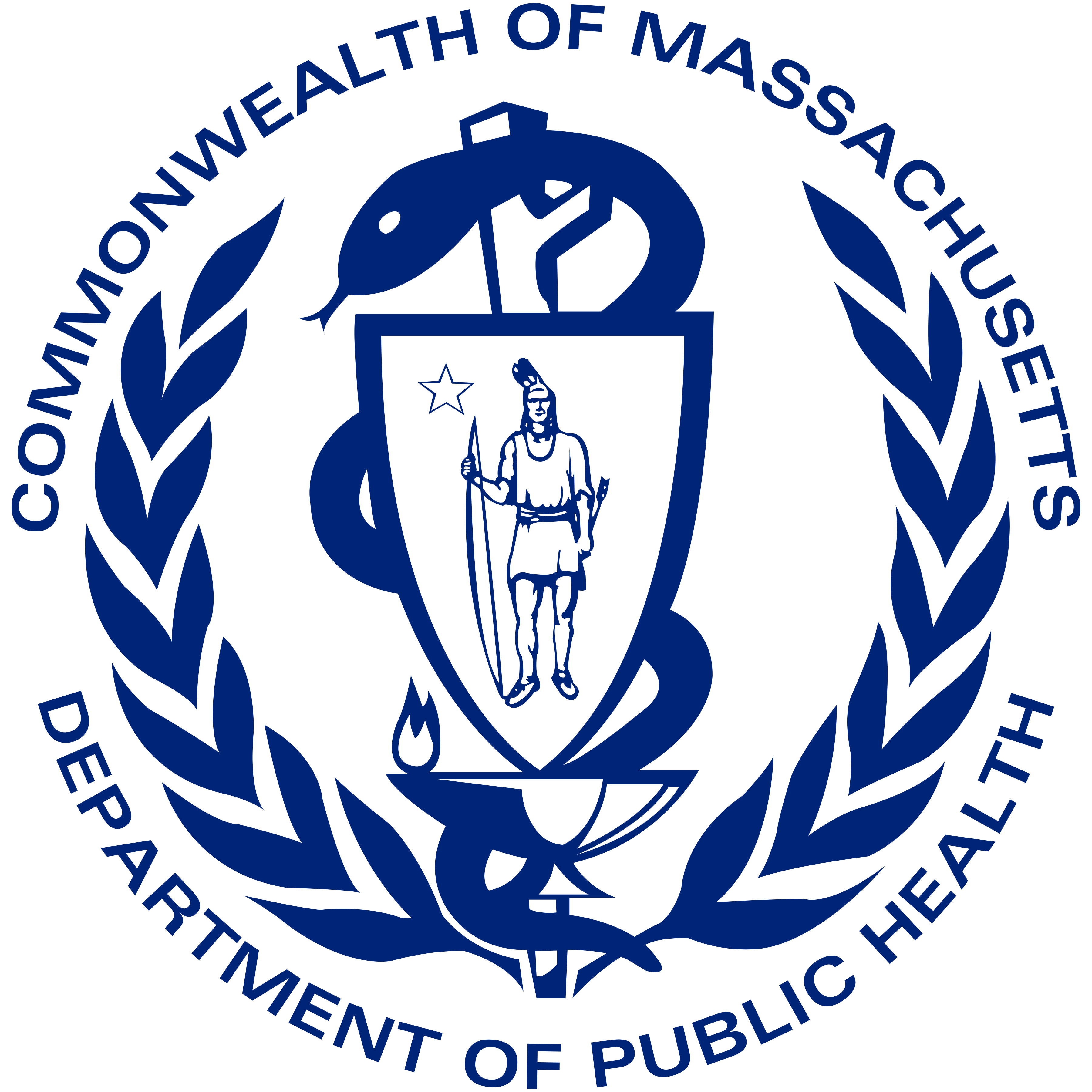- Department of Public Health
Media Contact
Ann Scales, Director of Media Relations
Boston — The Massachusetts Department of Public Health (DPH) said today that a dead raccoon found on Smith Lane in Eastham on Sunday, November 17, 2024 has tested positive for rabies.
DPH is asking that anyone who had contact with the animal to contact its Division of Epidemiology at 617-983-6800 – available 24/7 – for a risk assessment to determine if an exposure to rabies virus occurred. The raccoon is easily identified because of the large number of porcupine quills embedded in it.
“Anyone who may have interacted with this raccoon should immediately reach out to DPH or the Eastham Department of Health and Environment to ensure their health and safety,” said State Epidemiologist Dr. Catherine M. Brown. “Given the fatal nature of rabies, we want to be sure that any affected residents have access to post-exposure prophylaxis to protect themselves.”
The animal was collected by the United States Department of Agriculture’s Cape Cod Rabies Program and submitted to the Centers of Disease Control and Prevention for testing. The animal was reported to be positive for rabies on November 20.
Rabies is a fatal but preventable disease caused by a virus. The virus is carried in the saliva of infected animals and can be spread to people and other animals through a bite, or when saliva is introduced into an open wound or the eyes, nose or mouth. Following an exposure, people should receive medical care consisting of wound care and post-exposure prophylaxis (PEP) to prevent development of disease. PEP consists of a dose of rabies immune globulin and a series of four or five rabies vaccines over a two-week period. PEP is highly effective at preventing disease when it is administered promptly following an exposure.
The animals that are most likely to be found infected with rabies in Massachusetts are raccoons, bats, skunks, foxes and woodchucks (groundhogs); cats are the domestic animal most frequently found to be rabid due to lower vaccination rates as compared to dogs.
Some of the ways that you can help protect yourself, your loved ones and your pets include:
- Teach children never to approach animals they don’t know – even if they appear friendly.
- Report any animal that behaves oddly to your local animal control official.
- Enjoy wild animals from a distance. Do not keep wild animals as pets. This is against the law in Massachusetts.
- Make sure your pets are vaccinated against rabies. By law, all dogs, cats, and ferrets must be regularly vaccinated against rabies.
- Don’t leave food or water for your pets outside. Even empty bowls will attract wild and stray animals.
- Do not let pets roam freely. Keep them in a fenced yard or on a leash.
- Keep your garbage securely covered. Open garbage will attract wild or stray animals.
- Keep your chimney capped and repair holes in attics, cellars, and porches to help keep wild animals like bats and raccoons out of your home.
Visit www.mass.gov/rabies and www.cdc.gov/rabies for more information about rabies.
###
